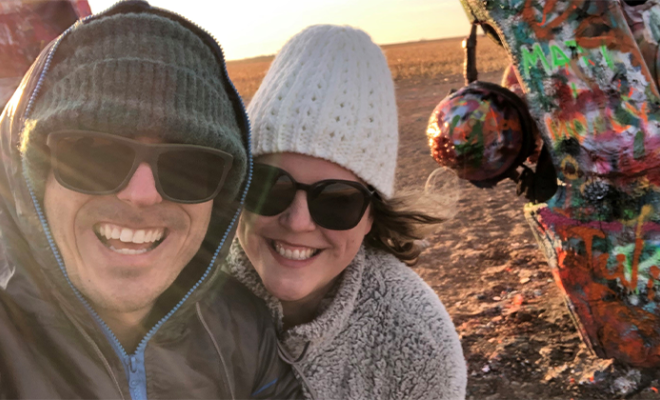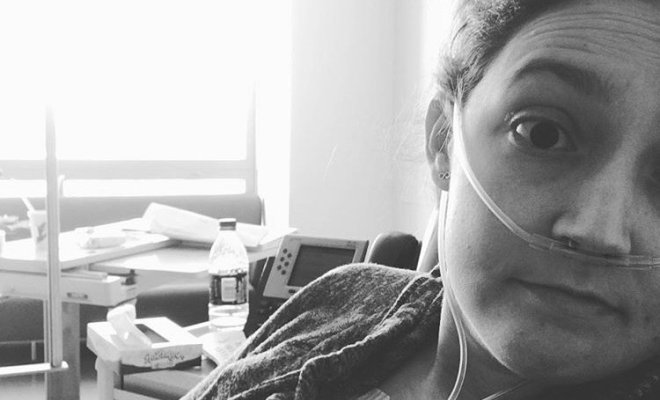I am a part of the approximately 10% of people with cystic fibrosis who are unable to benefit from or tolerate modulators such as Trikafta® and, every day, I position myself to advocate for research that will help my fellow “10 percent-ers.”
I am fortunate to be one of two patient representatives on the CF Foundation’s Clinical Research Executive Committee (CREC). The CREC assesses the strategic fit of research protocols — a detailed plan of a study — and assigns a priority rating based on how much a particular treatment is needed by people with CF. For example, we may review the research protocol for a new type of digestive enzyme going through a Phase 1 clinical trial. We provide feedback on the protocol while rating its priority on a low to high scale. If things go well and the drug company receives funding or support to develop the drug, it may end up on the CF Drug Development Pipeline (a helpful tool to keep up to date on research advancements).
I was interviewed to be a part of the committee based on my long-term volunteer involvement with the Cystic Fibrosis Foundation, including my service as a member of the Adult Advisory Council. Although I am acquainted with some of the terminology we use in the CREC meetings because of my experience as a scientific researcher in the social sciences, I constantly have to ask questions and study to keep up. I joined the CREC over a year ago with my friend Tré LaRosa as my counterpart patient advocate.
My involvement in the CREC is a privilege. As part of the small portion of CFers unable to benefit or tolerate modulators, I believe it is my responsibility to use my platform to advocate for others like me. My role is unlike the physicians and research coordinators who are also a part of the CREC; it is my job to share the patient's perspective as someone who could potentially participate in one of the trials we discuss or benefit if the therapy eventually gets approved.
Sometimes, I may speak up to say a research protocol asks participants to visit the clinic unnecessarily; or question why someone may be excluded from participating based on niche criteria; or ask that researchers put more effort into including study participants from marginalized identity communities.
A clear example of my impact on the CREC was when I advocated that participants in a particular study not be required to submit daily journal entries to research staff. I described how trust in studies goes both ways between a participant and researcher and that the burden of time participants would have to put into submitting detailed entries each day on compliance was too much. This request was relayed and, eventually, the requirement changed.
I take being a part of the CREC seriously, sometimes attending the calls while doing one of my four daily breathing treatments or while hospitalized for an infection. I prepare by doing the necessary prep work and mulling over protocols ahead of voting. It is important to be an accurate voice for all the CF patients I represent. I pride myself on being privy to relevant conversations patients and families are having through online forums and my individual relationships with community members. Interestingly, I am likely ineligible for the majority of studies we review, given my status post-liver transplant. It is another reason why it is paramount that I put time into making myself aware of how the entire community feels about different aspects of research protocols.
As part of the small population currently unable to benefit from modulators due to my mutations, it is sometimes emotionally challenging to track the drugs we have in the pipeline. I am immensely grateful for my fellow CFers who can benefit from drugs such as Trikafta, yet I desperately hope my time comes soon.
People like me — who can’t take modulators and battle constant pulmonary exacerbations, antibiotic resistance, and known CF-associated conditions such as CF-related diabetes — need genetic therapies soon, or we face the threat of needing a lung transplant. As I often say to others who do this work, we need to keep our foot on the gas pedal. For me, our job is not finished until we have a cure for CF patients globally.
Interested in sharing your story? The CF Community Blog wants to hear from you.





